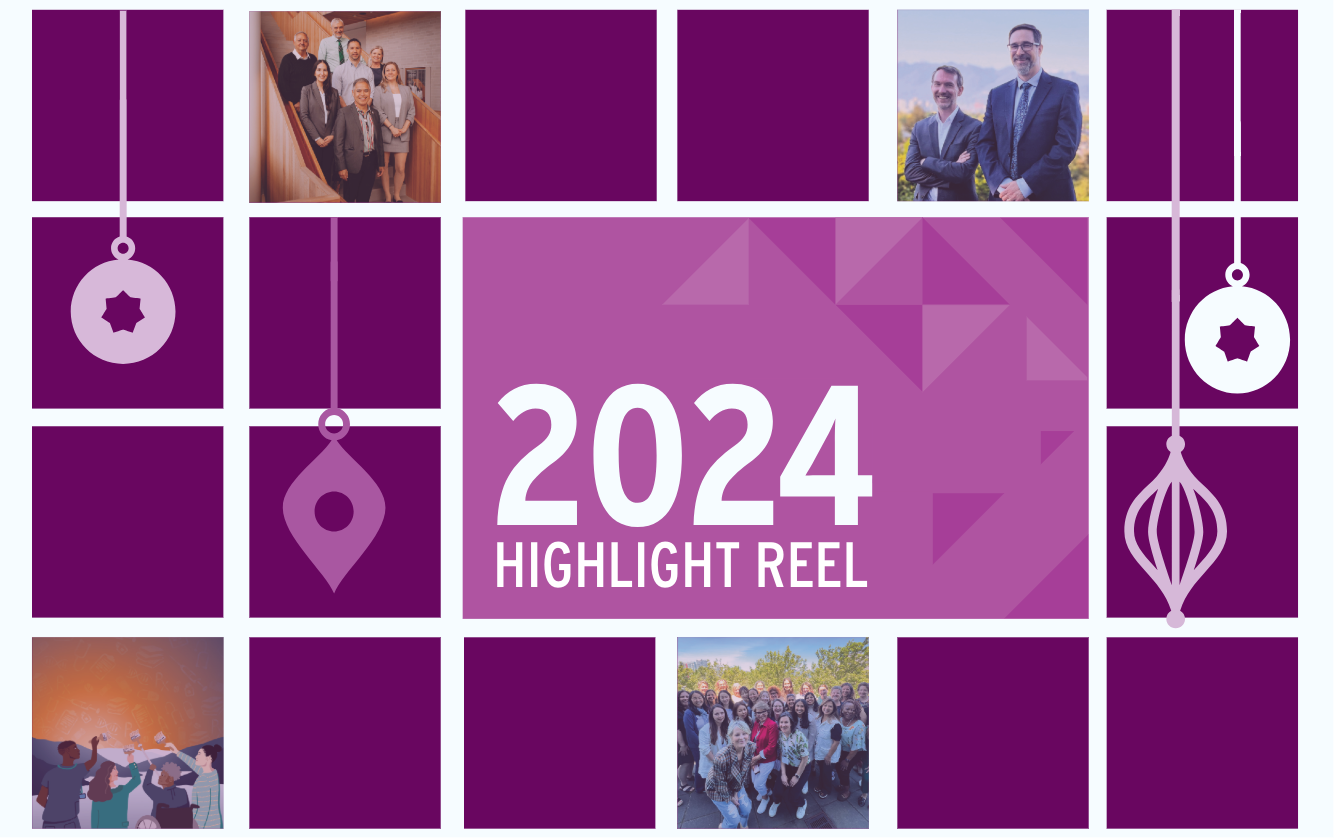Charting the COVID-19 experience for young people who use drugs
12 November 2020

Past pandemics in Canada have disproportionately impacted Indigenous people – beginning with small pox, later the Spanish Flu, and more recently H1N1.
Now with COVID-19 continuing to spread, a team of Indigenous and allied researchers is focusing on how Indigenous people are experiencing the pandemic and how they have been impacted by the provincial response.
Led by Dr. Patricia Spittal, professor in the School of Population and Public Health at the University of British Columbia, with direction from the Cedar Project Partnership, the team is concentrating on a cohort of 800 Indigenous young people who use drugs in Vancouver and Prince George.
The goal of the study, which is funded in part by the MSFHR COVID-19 Research Response Fund and the Canadian Institutes of Health Research, is to rapidly identify the impact of COVID-19 among this group who already face profound barriers to health and wellness and to assist with a culturally-safe, trauma-informed response.
Dr. Spittal’s work is part of the Cedar Project, a community-driven, long-term cohort study. Underway since 2003, the Cedar Project is governed by an independent body of Indigenous Elders, leaders, health and wellness experts and scholars. Over the last 17 years, the Project has examined the connection between colonization and intergenerational trauma on HIV, hepatitis C, and sexual abuse among the cohort group.
When the COVID-19 pandemic first significantly impacted British Columbia in March 2020, the Cedar Project was one of the few research studies that continued to operate in the Vancouver downtown east side and in downtown Prince George. After initially pivoting to community outreach and support in the early days of the pandemic, the project is now broadening to further define the impact of the virus.
“We know that colonial harms continue to be perpetrated by the healthcare system,” said Dr. Spittal. “It is really important right now to understand how pandemics impact Indigenous people. The harm related to the pandemic response does not stop when the pandemic is over.”
Drawing upon existing trust-based and respectful relationships, researchers will undertake a rapid, serial cross-sectional study broken down into four waves of data collection.
Each wave will involve antibody serological testing and COVID-19 viral testing – using the Nucleic acid Amplification Test (NAT) – of 100 young people in both cities to identify the prevalence of the virus over time. Testing will be done in collaboration with the BC Centre for Disease Control. The research team will further assess mental wellbeing and conduct 20 in-depth interviews split equally among men and women. There will also be a one-time enrolment questionnaire focused on the effects of COVID-19 and the provincial response.
The results of the study will provide a framework to address how Indigenous young people are impacted by the ongoing colonization of health resources and systems.
Dr. Spittal also hopes the investigation will help community-based researchers examine accountabilities and responsibilities in the context of the pandemic—as well as the ongoing overdose crisis.
This work has also been funded by CIHR as part of their support of research to combat COVID-19: https://cihr-irsc.gc.ca/e/52200.html.
Launched on April 6, 2020, the MSFHR COVID-19 Research Response Fund supports urgent research needs important to British Columbia that have arisen as a result of the COVID-19 pandemic. The funding is just one part of a coordinated British Columbian health research approach involving assets that support health research as well as innovative, cross-disciplinary researchers and teams.
As the provincial health research funding agency, MSFHR is committed to enabling responsive, relevant research to support British Columbia’s efforts surrounding the pandemic and ensuring that the health research community has the resources it needs to continue doing world-class research during a time of rapid and inequitable change.





